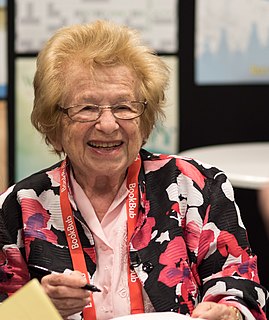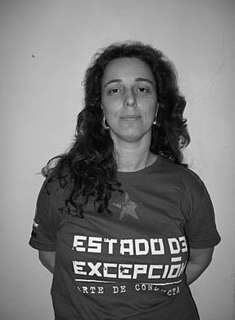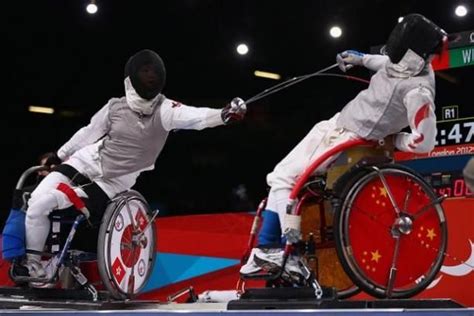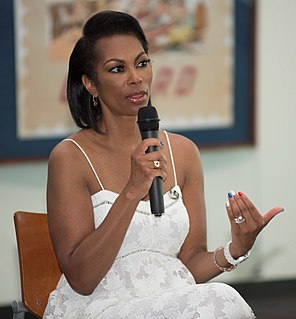A Quote by Gloria Estefan
I wanted to talk to very young kids about self-image and about being different and how that can be your strength, especially from the immigrant perspective.
Related Quotes
I was interested in immigration and I wanted to use that in the film, not necessarily to talk about immigrants, although I wanted to do that, but to talk about ourselves through the eyes of an immigrant. The film takes place in the school and it tells us a little bit about who we are and where we're at, but through the eyes of someone who has a different background.
But when you talk about the education and you talk about the lack of recreation for kids to do, I mean, it's second to none in New Orleans when you talk about the lack of opportunities for young people. And it's not just black kids, it's white kids. It's Asian kids. I had Vietnamese kids in my class that had lack of opportunities.
If your kitchen table is like mine, you sit there at night before you put the kids to bed and you talk about what you need. You talk about how much you are worried about being able to pay the bills. Ladies and gentlemen, that is not a worry John McCain has to worry about. It's a pretty hard experience. He'll have to figure out which of the seven kitchen tables to sit at.
I am so proud of being a Paralympian because I think the Games are a very good platform for disabled persons to perform themselves. Within the Paralympics movement, it's not just talk about excellence; it's not just talk about the competition. It's also talk about the equality and how your world accepts those disabled people.
What happens at the average church or synagogue or mosque is that I don't know many priests or ministers or rabbis who say to their congregation, 'go home and talk about the religion at the kitchen table with your kids...talk about God, talk about what this is all about.' They say in general, come back on the weekend, we'll talk to you about it.
People have a good image of me. It's not these tramps who are going to tarnish my image. They should stop lying to the French people. It annoys me that people talk about 'your image'. My image is great in France. When I'm abroad, I don't even talk about it. But in France it's just these people, these parasites.
People who complain often say things like, 'I'm not being negative, I'm just being realistic.' Really? How is it anymore 'realistic' to focus on and talk about things that discourage us and make us feel bad, than to focus on and talk about the POSITIVE aspects of life that make us feel GOOD? Both area equally REALISTIC, but which you choose to dwell on has a very different impact on the quality of YOUR life.




































